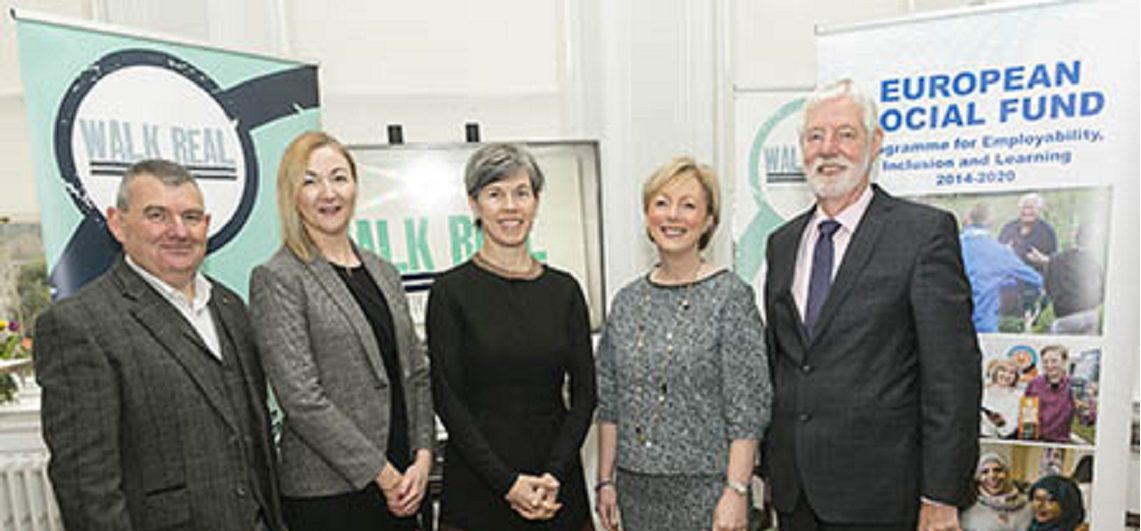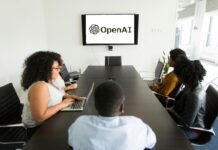
The Minister for Employment Affairs and Social Protection, Regina Doherty, T.D., and Minister of State with special responsibility for Disabilities, Finian McGrath, T.D., today officially launched the WALK REAL Ability Project for WALK, the Walkinstown Association for People with an Intellectual Disability.
The WALK REAL Ability Project – Reaching Employment Ambitions in Life – is one of 27 projects funded under the ‘Ability Programme’ that focuses on bringing young people (aged 15 to 29 years) with disabilities closer to the labour market. It supports these young people who can and want to work to develop their vocational and employability skills to get a job.
Through the WALK REAL Ability Project, 75 young people with intellectual disabilities and autism will get valuable work experience and training in the environment of the Supported Employment model. The “Supported Employment model” is delivered by professional Job Coaches where participants develop their own vocational profiles and personal progression plans before taking up a series of appropriate work experience placements of their choosing. Engagement with local employers will help participants find work and avail of other opportunities. It also supports employers in building their capacity to become more proactive in employing people with disabilities.
In 2018, Ministers Doherty and McGrath secured Government funding of €16 million for 27 projects to deliver the ‘Ability’ pre-activation Programme for young people with disabilities. It is expected that this Programme will support over 2,600 people. The Programme is jointly funded under the EUs ESF Programme for Employability, Inclusion and Learning (PEIL) Operational Programme, 2014-2020 (PEIL, 2014–20) and the Irish Exchequer.
The focus of the ‘Ability’ Programme is on projects aimed at young people with disabilities and is designed to assist in their transition from school to further education, training and employment. The Programme will promote employment prospects and meaningful social roles for young people with disabilities and in particular, young people who are distant from the labour market, using a range of person-centered supports.








































